20 Surprising Christmas History Facts
Here are some cool Christmas history facts to tell you all about how Britain has celebrated Christmas throughout time! How many of them did you already know?
How much do you know about the history of Christmas? Do you know when we started eating turkey? Or who made the Christmas tree popular in Britain? It’s time to find out with these awesome Christmas history facts! Discover what people used to eat at Christmas, the surprising mince pie ingredient, and what Victorians used to put on their Christmas cards! And if you enjoyed these facts, check out more Christmas goodness here! How about this ultimate Christmas trivia quiz? Or maybe you fancy this international Christmas trivia quiz!
1. ‘Xmas’ Is Older Than You Think
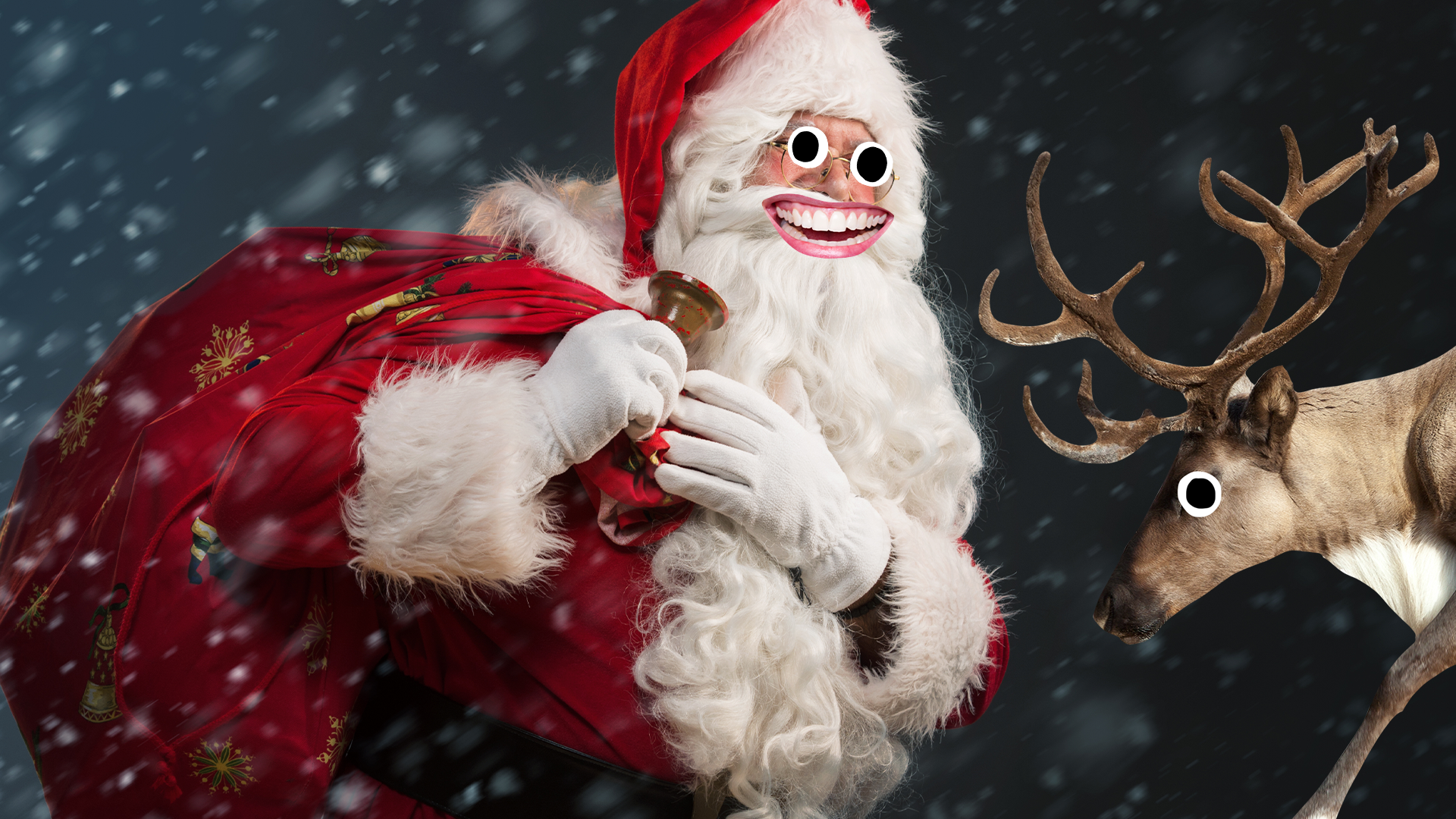
You might think that the word ‘Xmas’ is a fun and fairly recent respelling of Christmas – but it’s actually really old! Xmas first appeared in written form in Anglo Saxon times – about a 1000 years ago! ‘X’ was a common abbreviation of ‘Christ’ since its a Greek letter ‘chi’, which ancient Christians used to use to represent Christ. So now you know – X means Christ!
2. Mince Pies Used To Do What They Say On The Tin
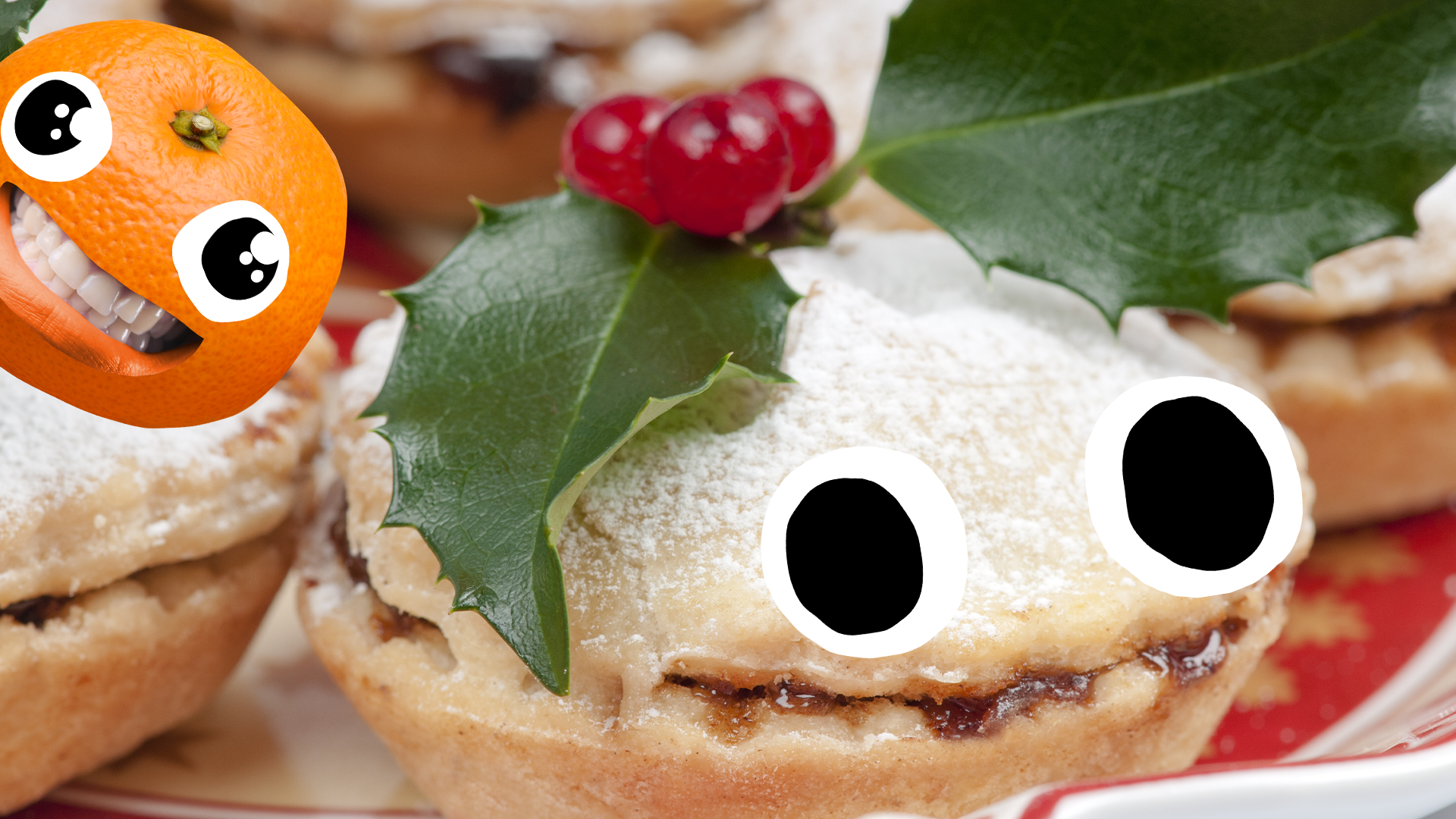
Have you ever wondered why mince pies are called mince pies? Or why they’re full of ‘mincemeat’, which isn’t mincemeat at all? Well, the reason it’s called mince is because, once upon a time, they DID have mince in them! Yup, in medieval Britain people used to eat pies full of spices, fruit and yes, mince, at Christmas time as a treat! They weren’t so bothered about mixing savoury and sweet back then. Even the Victorians used to put a little bit of real mince meat in their mince pies!
3. Christmas Went Out of Fashion In Britain For A Bit
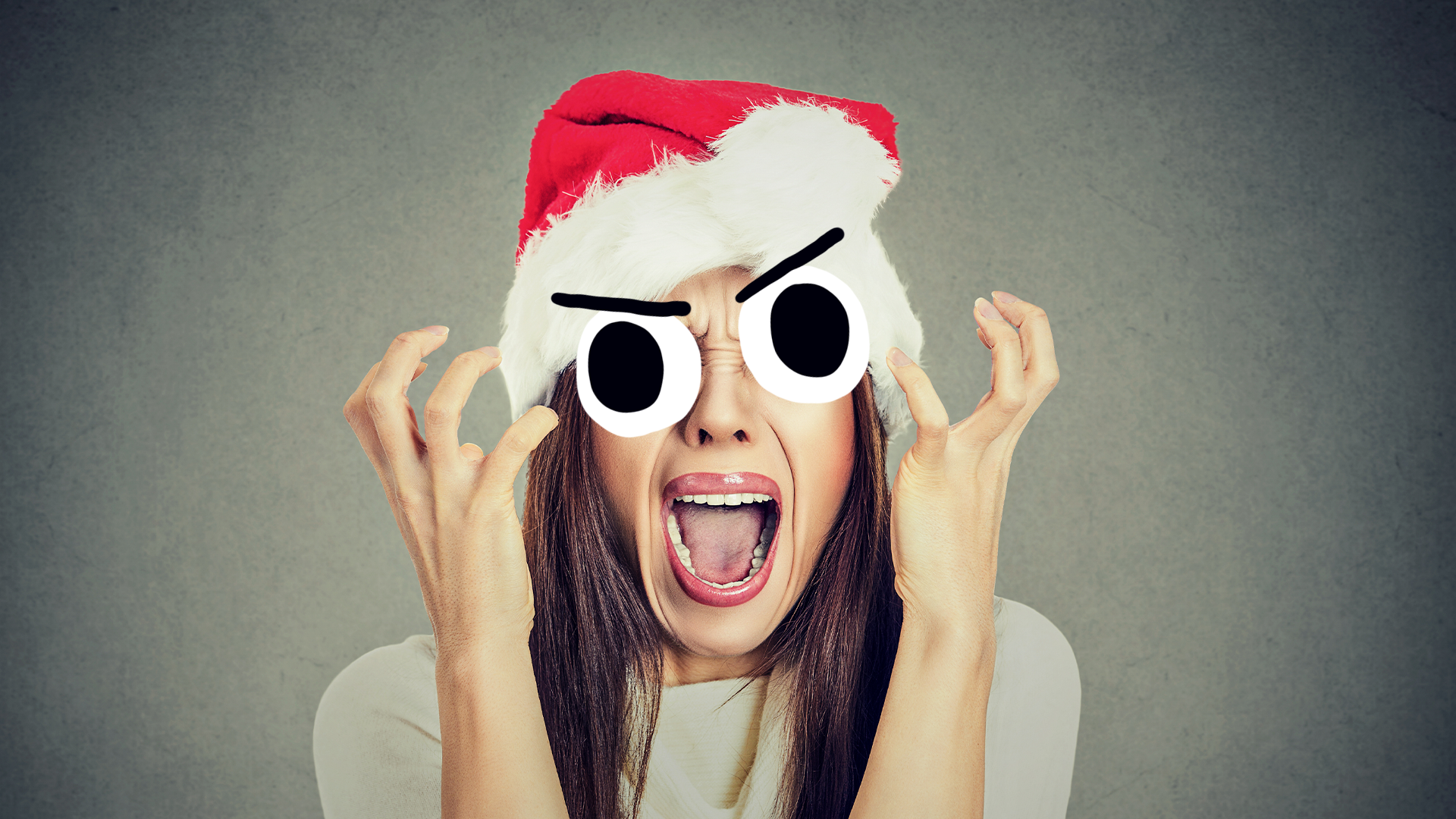
It’s hard to imagine a Britain where Christmas isn’t a big deal, but a few hundred years ago Christmas wasn’t really that popular – it definitely wasn’t the huge holiday it is today! The Georgians, who ruled Britain in the 18th century, weren’t that interested in traditional Christmas, and by the early 19th century is was seen as a bit old fashioned. We can thank one man in particular for putting the life back into Christmas – Charles Dickens! (More on him later)
4. There Have Been Lots of Midwinter Festivals Throughout History
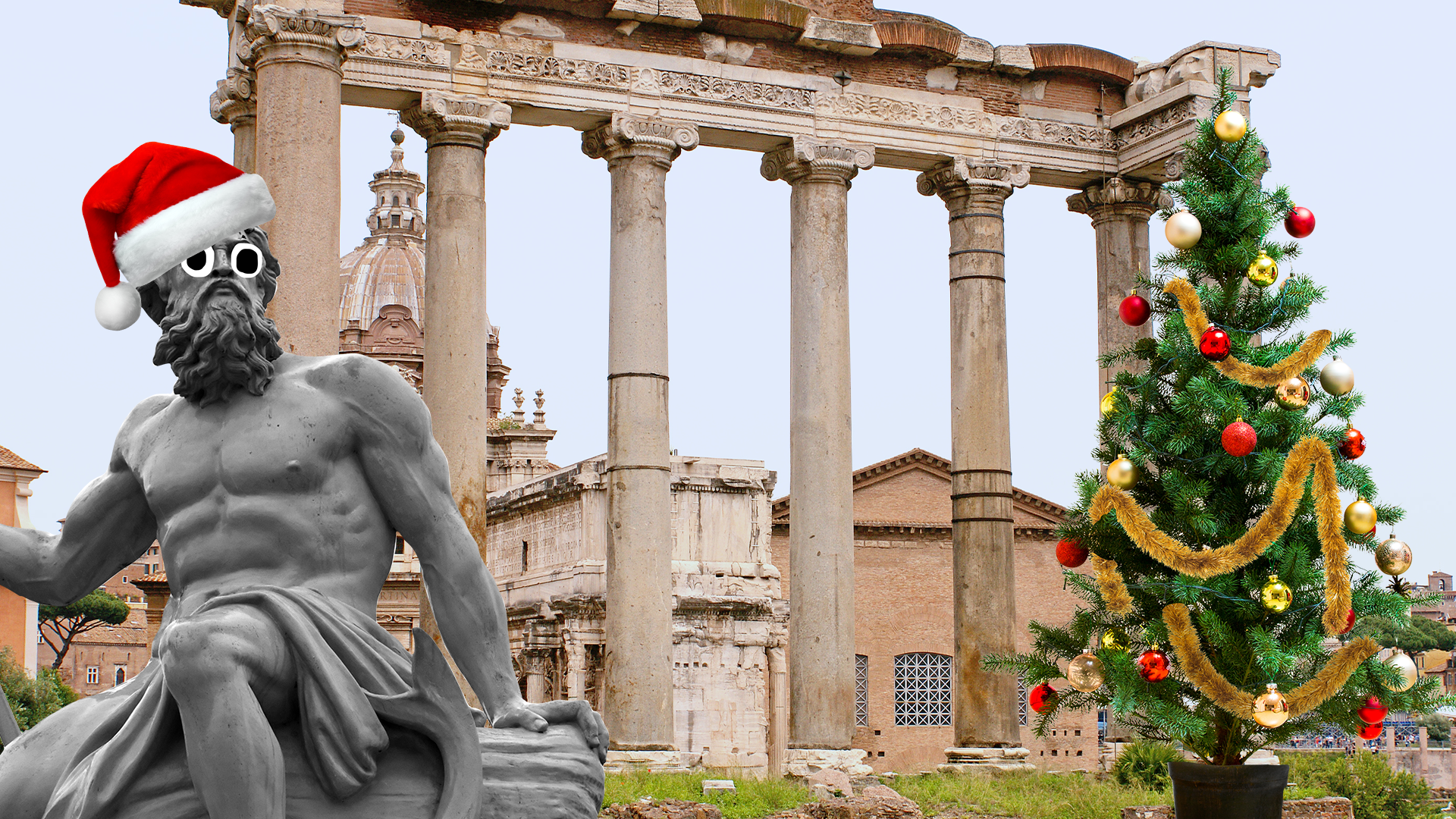
Humans have always felt the need to have a fun party when the weather gets gloomy and dark. Even before Christmas was around, many cultures celebrated a winter festival to try and brighten up dull days. The Romans had Saturnalia, a festival that celebrated the god Saturn, where people would drink, dance, dress up and play games! The ancient pagans also celebrated winter solstice, and today the word ‘yule’ comes from Yuletide, an ancient celebration of the winter solstice that ancient Britons celebrated. Lots of todays Christmas customs have their roots in Yuletide, like greenery, singing and feasts. In other cultures, festivals like Diwali, the Hindu festival of light, and Hanukkah, a Jewish festival where candles are lit, celebrate bringing light into darkness.
5. Yes, Oliver Cromwell Banned Christmas
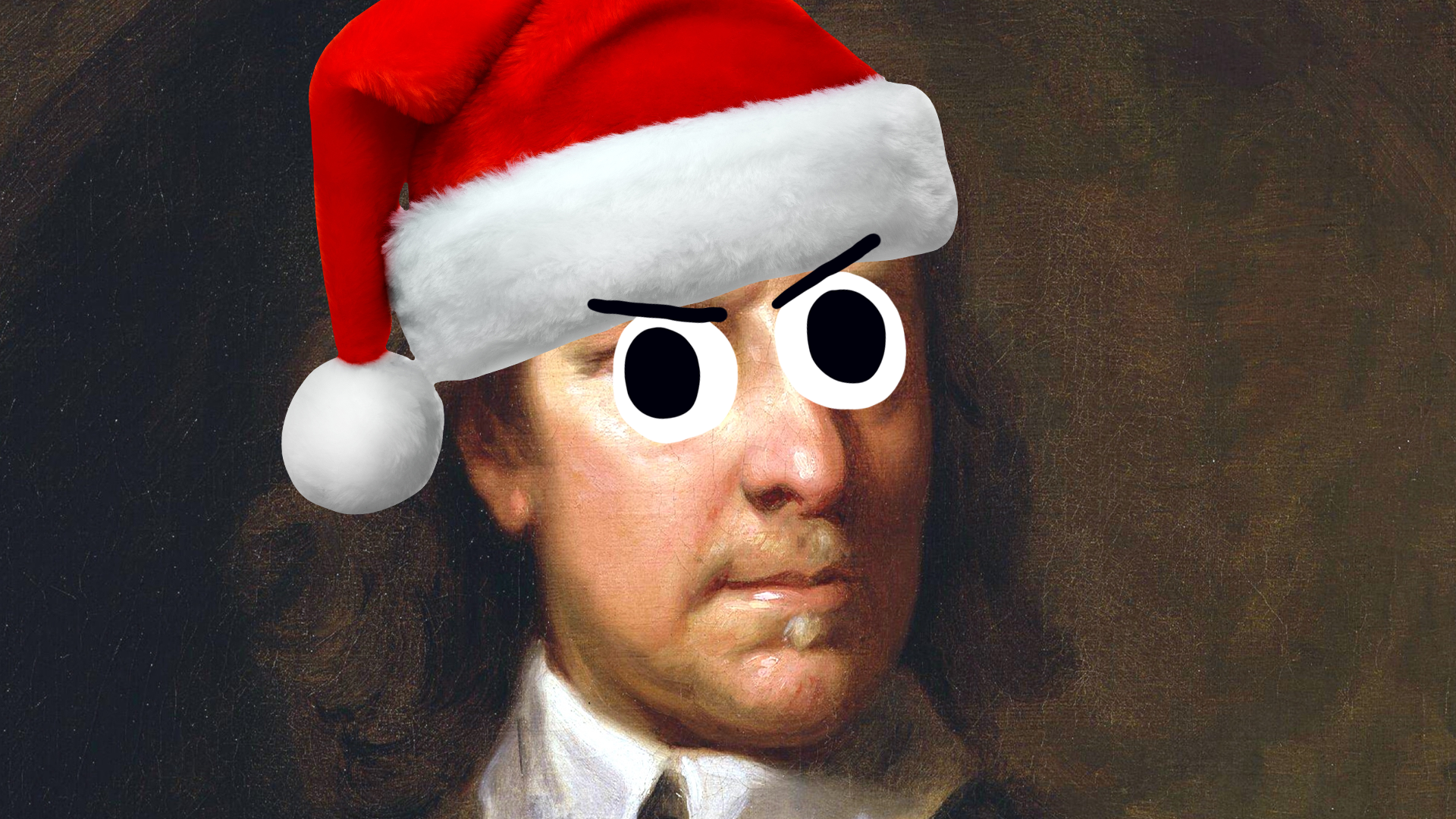
You might have heard about this because its so unbelievable, but Oliver Cromwell really did ban Christmas in England! Cromwell was a puritan, a type of Christian who believed that having too much of a good time would upset God. Christmas was thought to be too much fun, so Cromwell, who was in charge of England in the 17th century, banned it! He also banned makeup, sports and going to the theatre! Boo!
6. A Christmas Carol Changed Christmas
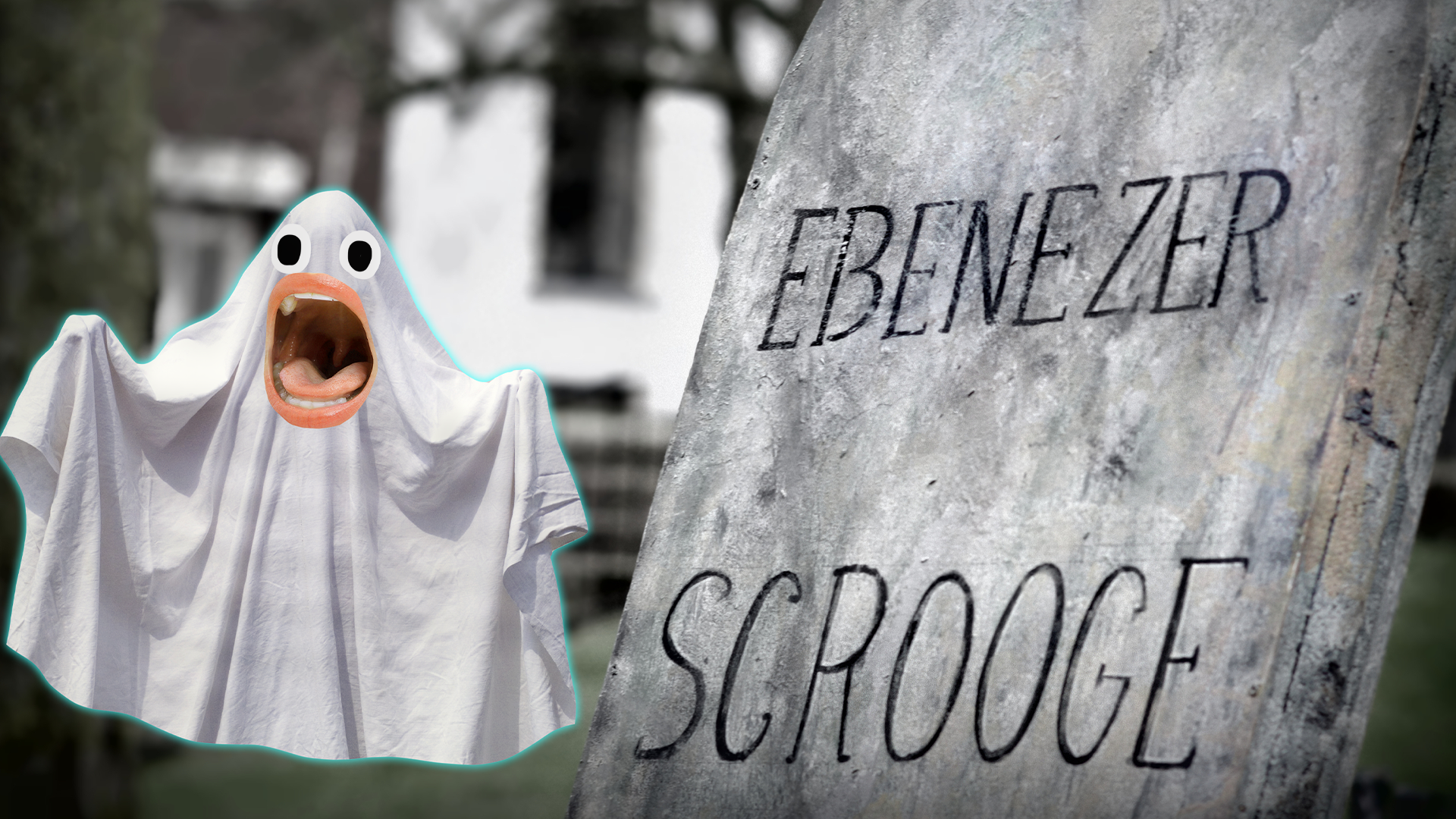
When Charles Dickens wrote a Christmas carol in the mid 19th century, Christmas was on a bit of a decline – most people thought it was a bit rubbish and old fashioned. A Christmas Carol was such a successful book that it brought back lots of popular Christmas traditions, like feasting, giving to charity, trying to be nicer to people, carol singing and spending quality time with people you love. Aw, thanks Dickens!
7. Some Christmas Food Was Very Different From Today
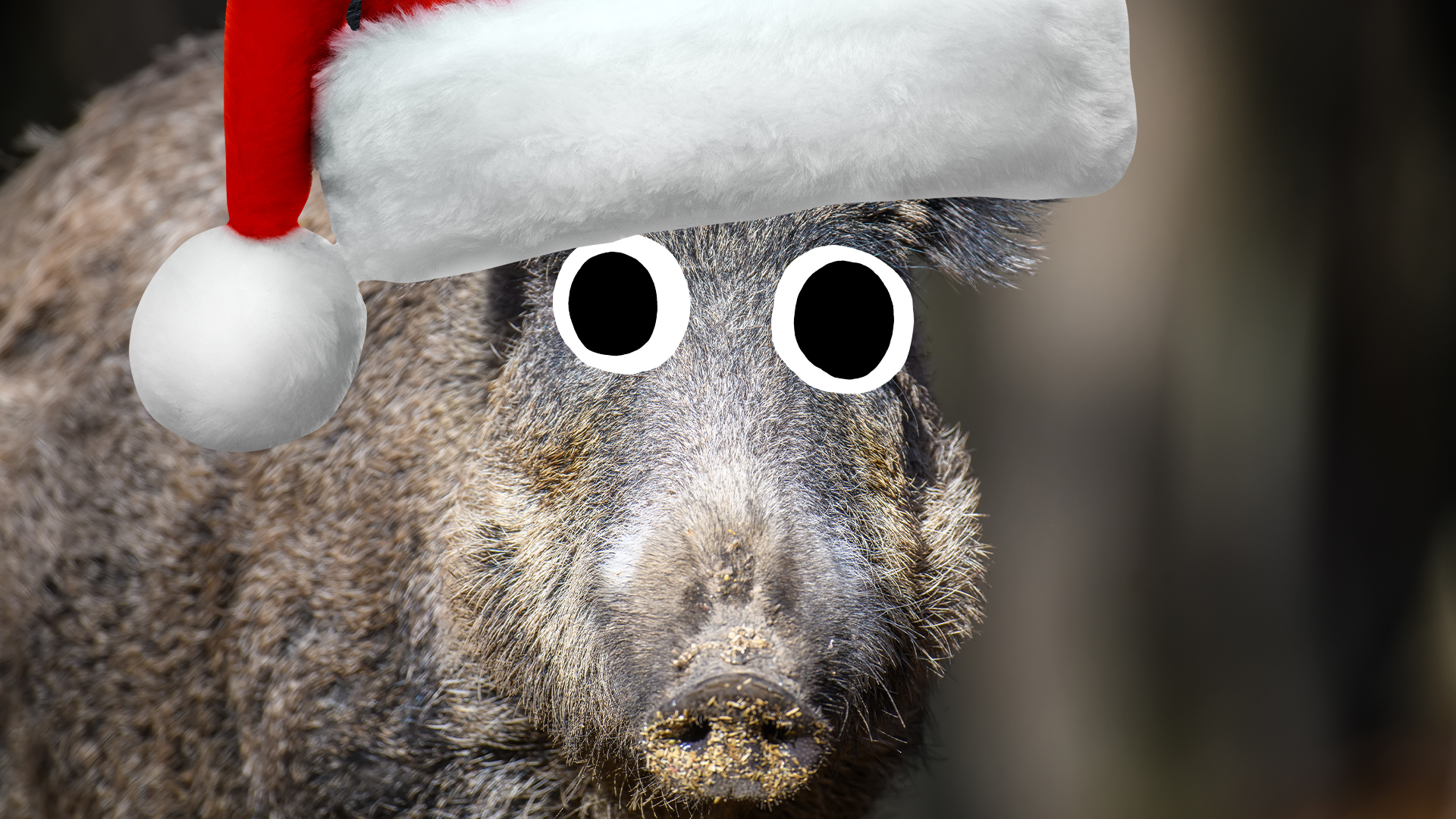
You might assume that Christmas dinner has always been the way it is, but that’s not true! For example, in medieval England rich people enjoyed goose and venison at Christmas. The Tudors loved eating roast boar at Christmas (well, the King did anyway!) as well as lots of sweet marzipan in fun shapes. Instead of a turkey, a pie would be traditional, full of lots of different kinds of meat. It was only in Victorian times that Christmas dinner started to look a bit more like our own!
8. We Didn’t Always Eat Turkey
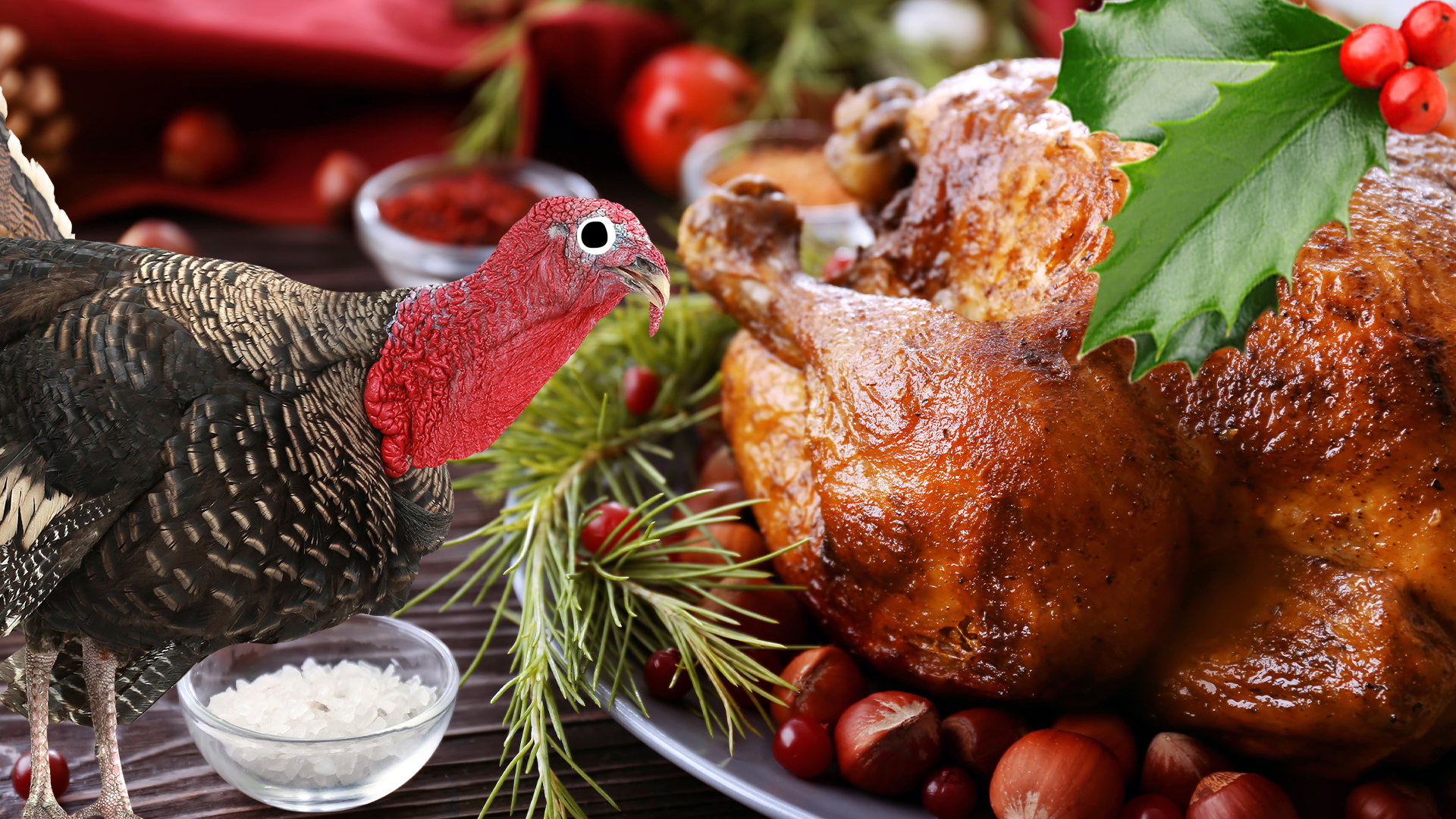
Christmas dinner wouldn’t be complete without a turkey – except that we didn’t used to eat Turkey! Turkey was a ‘New World’ bird, brought back from North America when Euopeans colonised it. It was only in the 16th century that Britain began to eat turkey, although of course you had to be rich to have one! Turkey was a popular choice because it’s so big, it can feed lots of people!
9. The UK hasn’t had that many white Christmases.
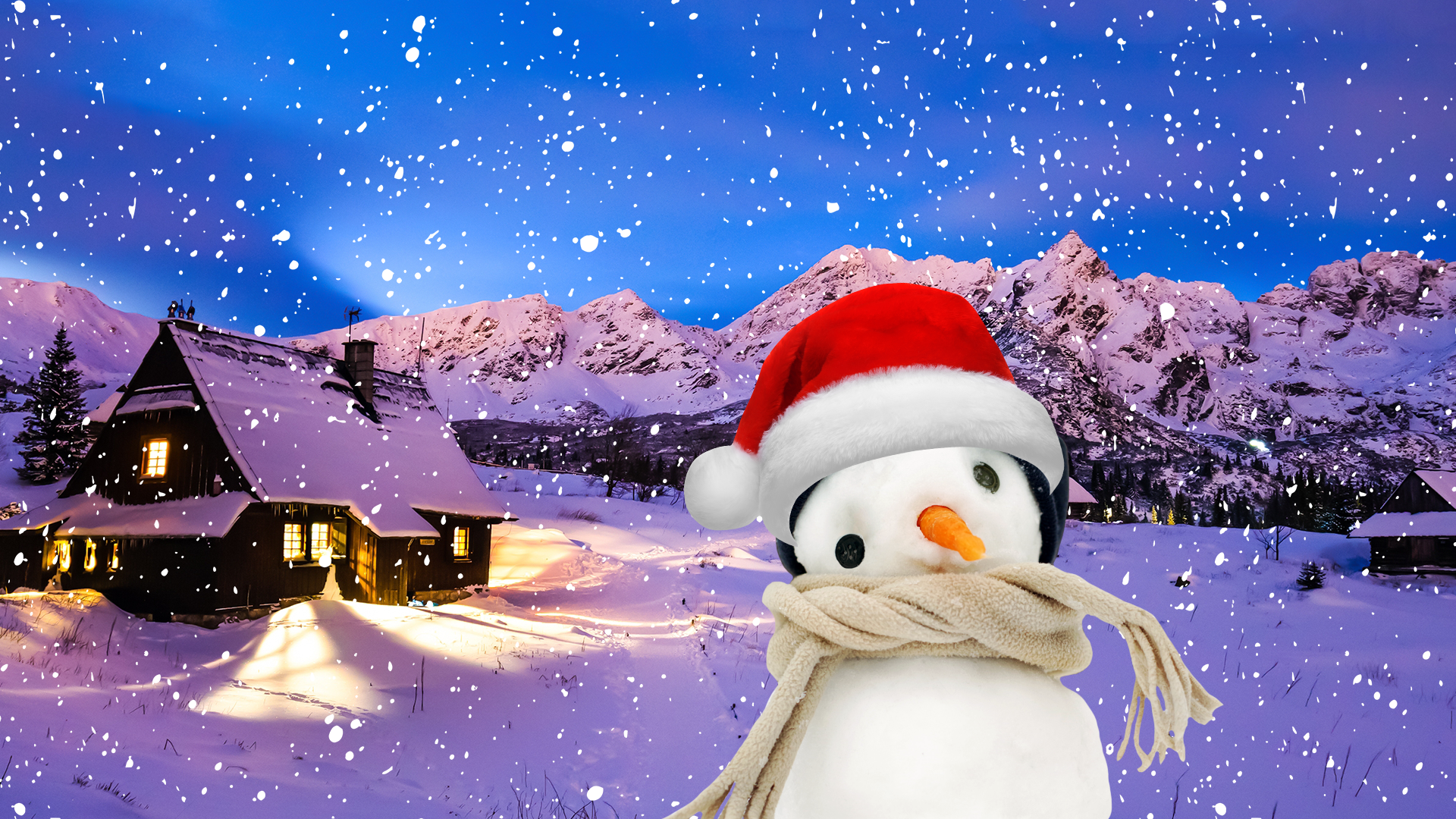
When you picture Christmas, you usually picture snow, right? Well, that would be great and all, but Britain actually hasn’t had that many white Christmases at all! Since 1960, its only snowed widely across the UK on Christmas FOUR times! Fingers crossed for this year! Unfortunately, as global temperatures rise, white Christmases look less and less likely. We won’t get hot Christmases at the beach either – just wet, rainy ones instead! Just another reason why saving the planet is so important!
10. The Tudors Spent 12 Days On Christmas

You might think two weeks off school is pretty good for Christmas, but did you know the Tudors spent a whopping 12 days celebrating? Each day, starting on the eve of the 24th and ending on the 5th of January, different celebrations were held, including feasting, partying, praying, carolling, playing pranks and decorating the house! People weren’t supposed to work during that time (although of course the poor often did, because they had to!)
11. And The Victorians Invented The Christmas We Know Today
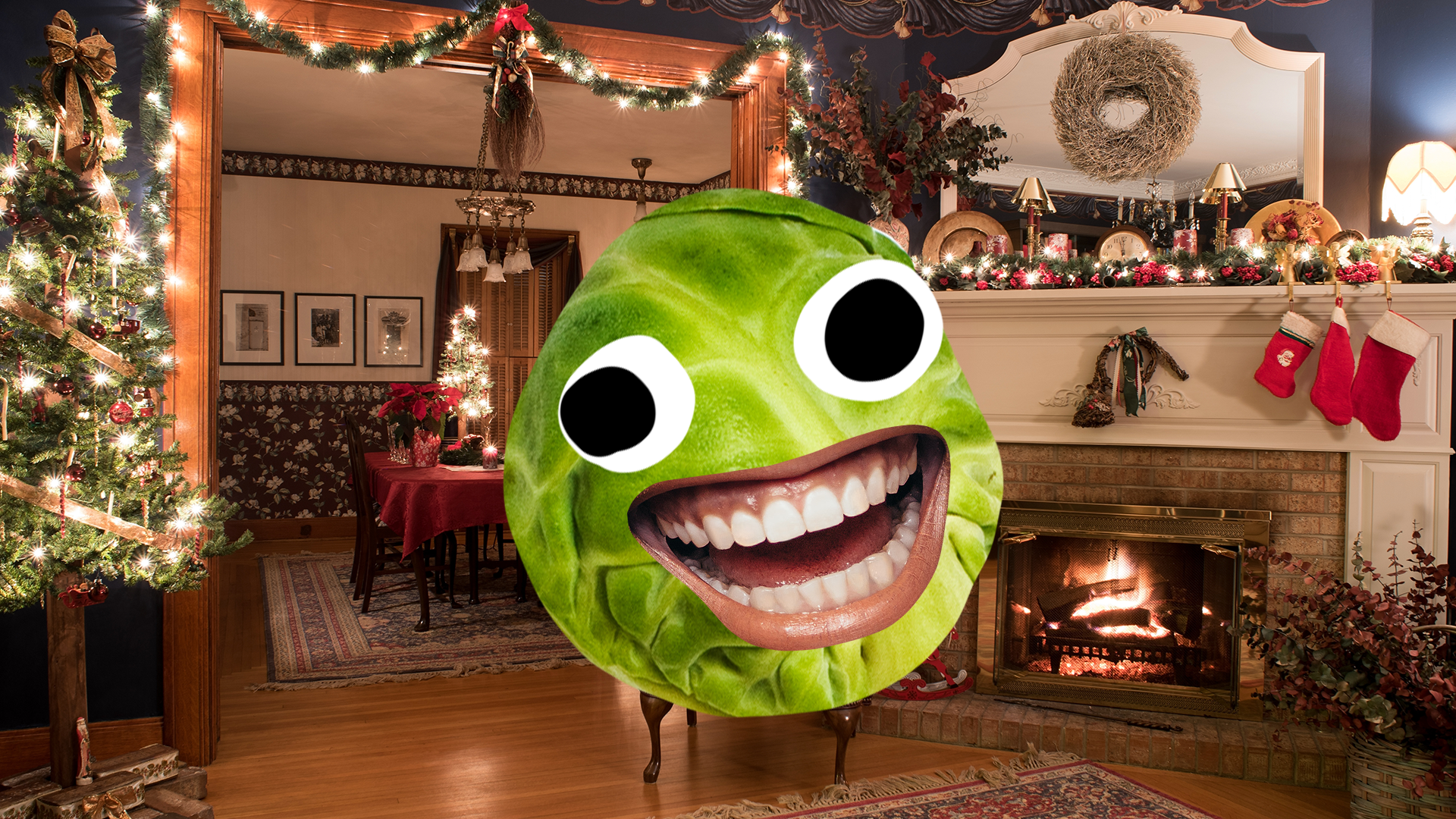
As mentioned, lots of current Christmas traditions became popular in Victorian times. As well as bringing back old traditions, the clever Victorians invented lots of new ones, including Christmas cards, crackers, the Christmas tree, the modern Father Christmas, modern Christmas dinner, and having a holiday! Yup, before the Victorians it was quite common to go to work on Christmas!
12. Christmas Trees Aren’t British
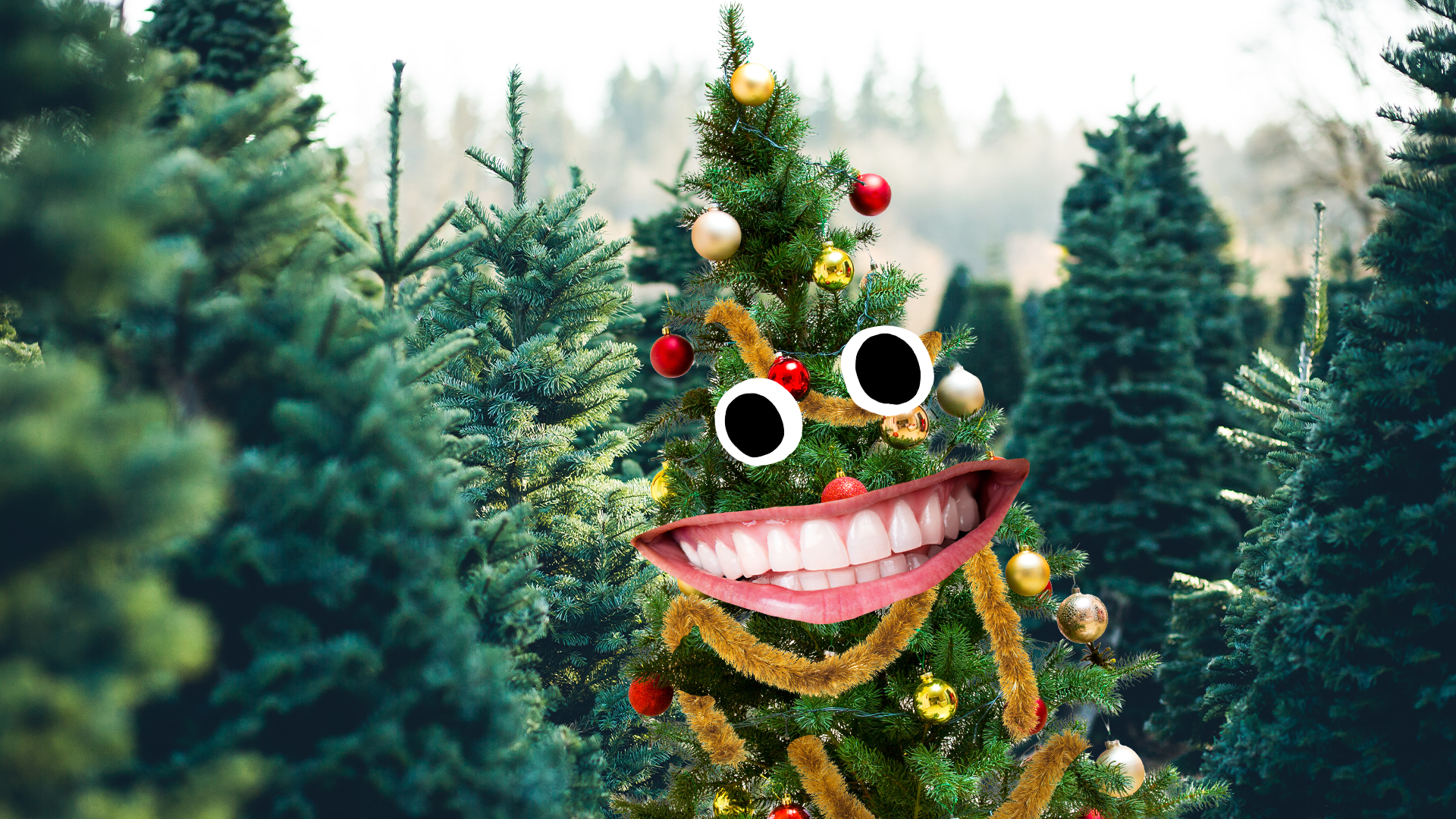
Speaking of Christmas trees, they first arrived in Britain in Victorian times. Queen Victoria and her husband Albert came from German families, and in Germany it was common to bring a tree into the home to decorate it at Christmas. The Royal family started a fashion for Christmas trees after a picture of them with their tree was published, and the rest is history! Careful though! Victorians didn’t have electric fairy lights, so they used real candles! That meant that Christmas trees often caused dangerous house fires!
13. But Holly and Ivy Is
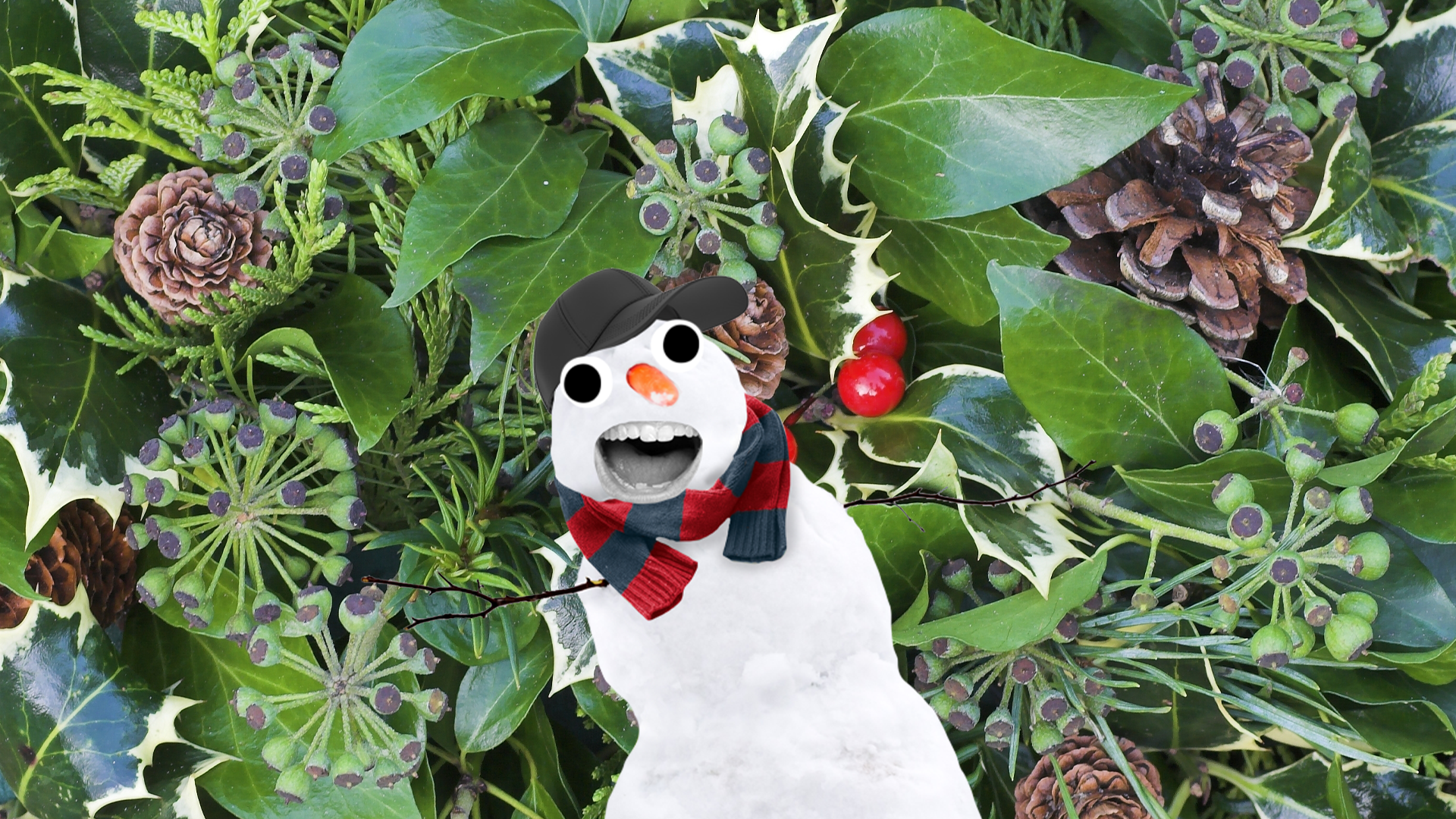
The tradition of bringing holly and ivy into the house at Christmas dates all the way back to pagan times. Decorating the house with evergreens (Plants that stay green all year) was thought to bring cheer into the house, as well as reminding people of nature and its importance. It also came to represent Jesus’s everlasting life, as the plants would stay green and bright. People would also weave holly and ivy over their work tools so that they couldn’t use them during the celebrations!
14. The Wassail Bowl Was A Big Part of Christmas
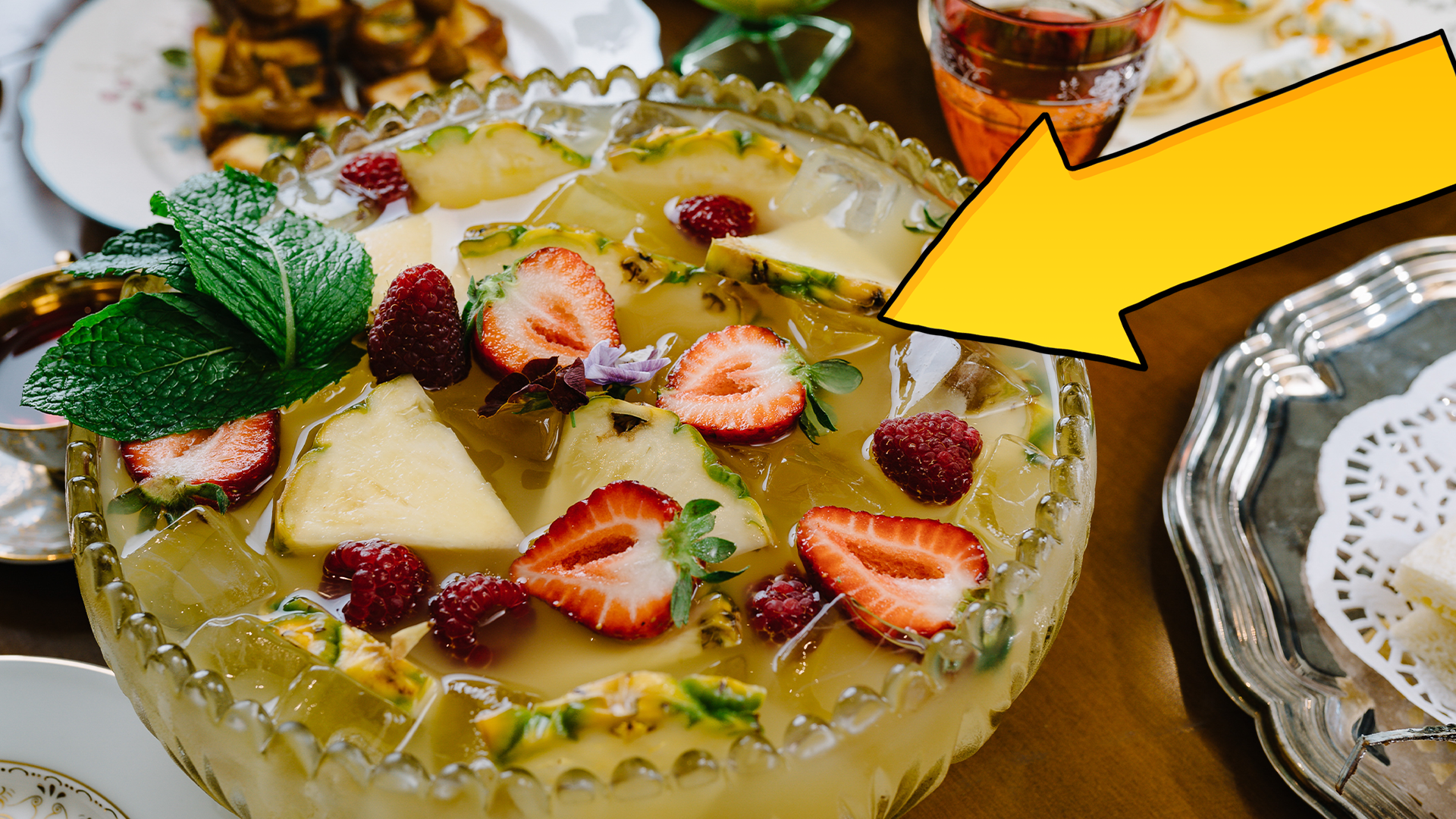
You might have heard of ‘Wassailing’ from Christmas carols – but do you know what it is? Well, the wassail bowl was traditionally a punch bowl full of spiced hot wine or ale. Singers would go from house to house, ‘wassailing’ (carolling) and then the house hosts would offer them some punch! A bit like trick or treating, but at Christmas!
15. The First Christmas Cards Were a Bit Weird

It’s great fun to send Christmas cards to your friends, but the Victorians didn’t always enjoy a nice snowy church scene or a cute robin. In fact, some of their cards were downright strange…they included pictures of dead birds, bats, dancing insects, Krampus (a scary apline Christmas demon) and random stuff like oysters going on holiday or snowmen attacking people. Why? Er…Victorians were just very….strange people!
16. Christmas Carols Made a Comeback
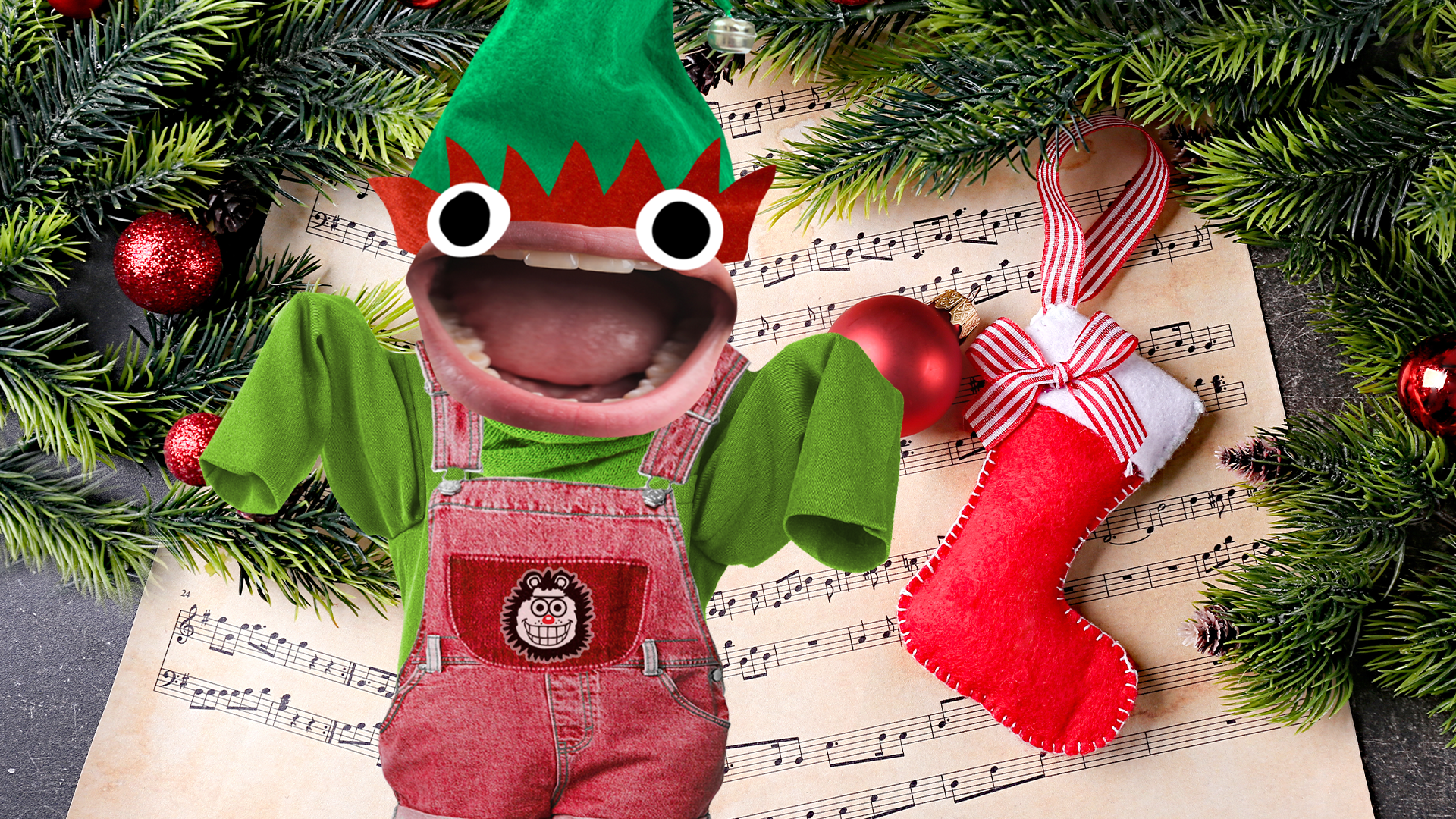
Christmas carols were originally religious songs written in the middle ages to celebrate the birth of Jesus. By the 19th century, carolling was seen as stuffy, old fashioned and a bit of a boring way to celebrate Christmas, but they came back full force with the Victorian craze for all things medieval. Nowadays it’s hard to imagine Christmas without the classics like ‘Once in Royal David’s City’ ‘Hark the Herald Angels Sing’ and ‘Coventry Carol’
17. The Anglo Saxons Celebrated Christmas In Their Own Way
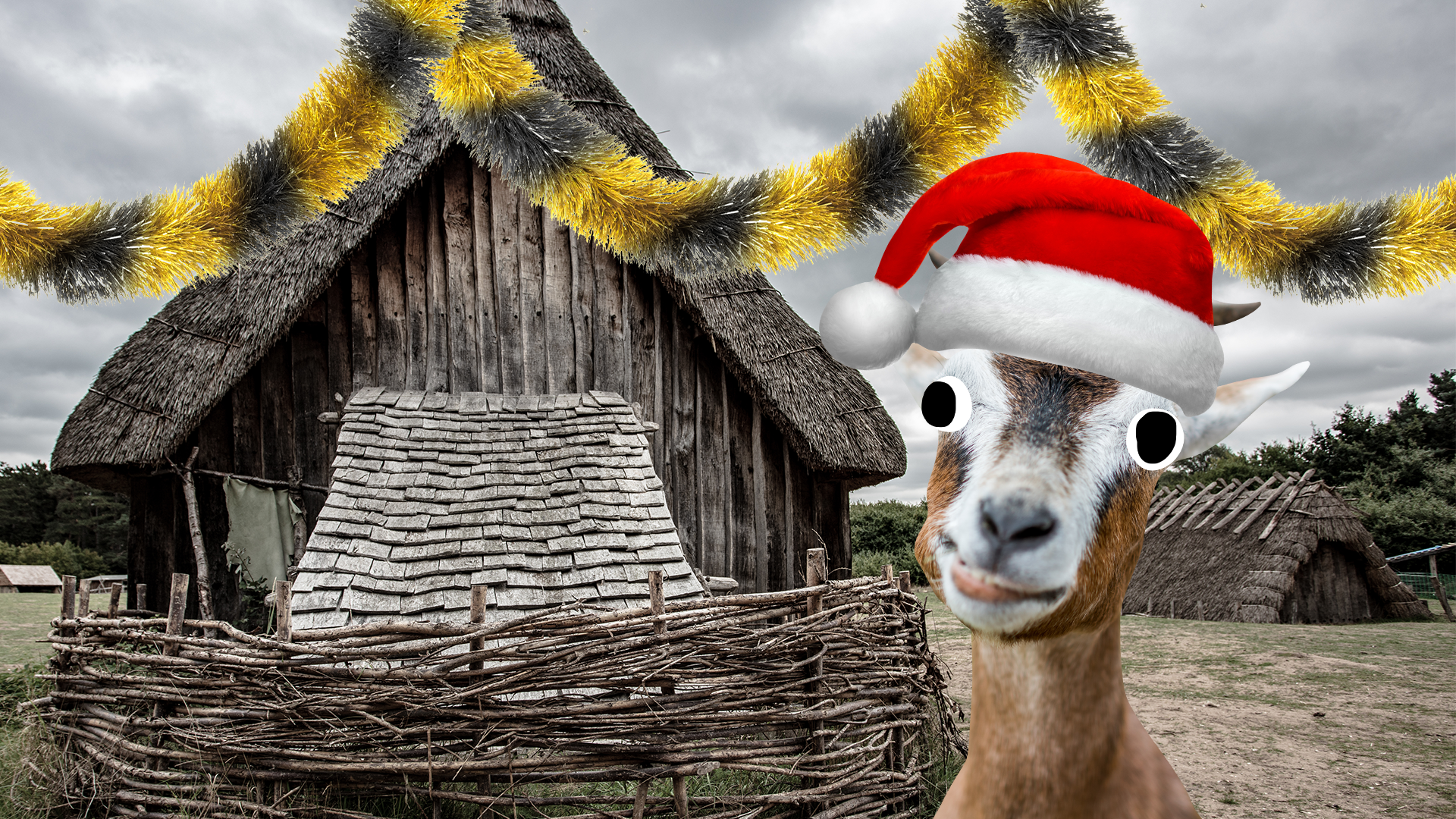
Yup the Anglo Saxons were just as into Christmas as the rest of us! Although Christmas wasn’t the important religious holiday it became, Anglo Saxons still had some interesting ways of celebrating – they would do lots of praying, because it was an important religious time. They would also give to charity and help the poor, something people still try and do today at Christmas. And some of them even fasted at Christmas – meaning they didn’t eat for religious reasons! Can you imagine not having Christmas dinner? They did take time off though, so at least you wouldn’t have to work on an empty stomach!
18. The Famous Christmas Truce Really Did Happen
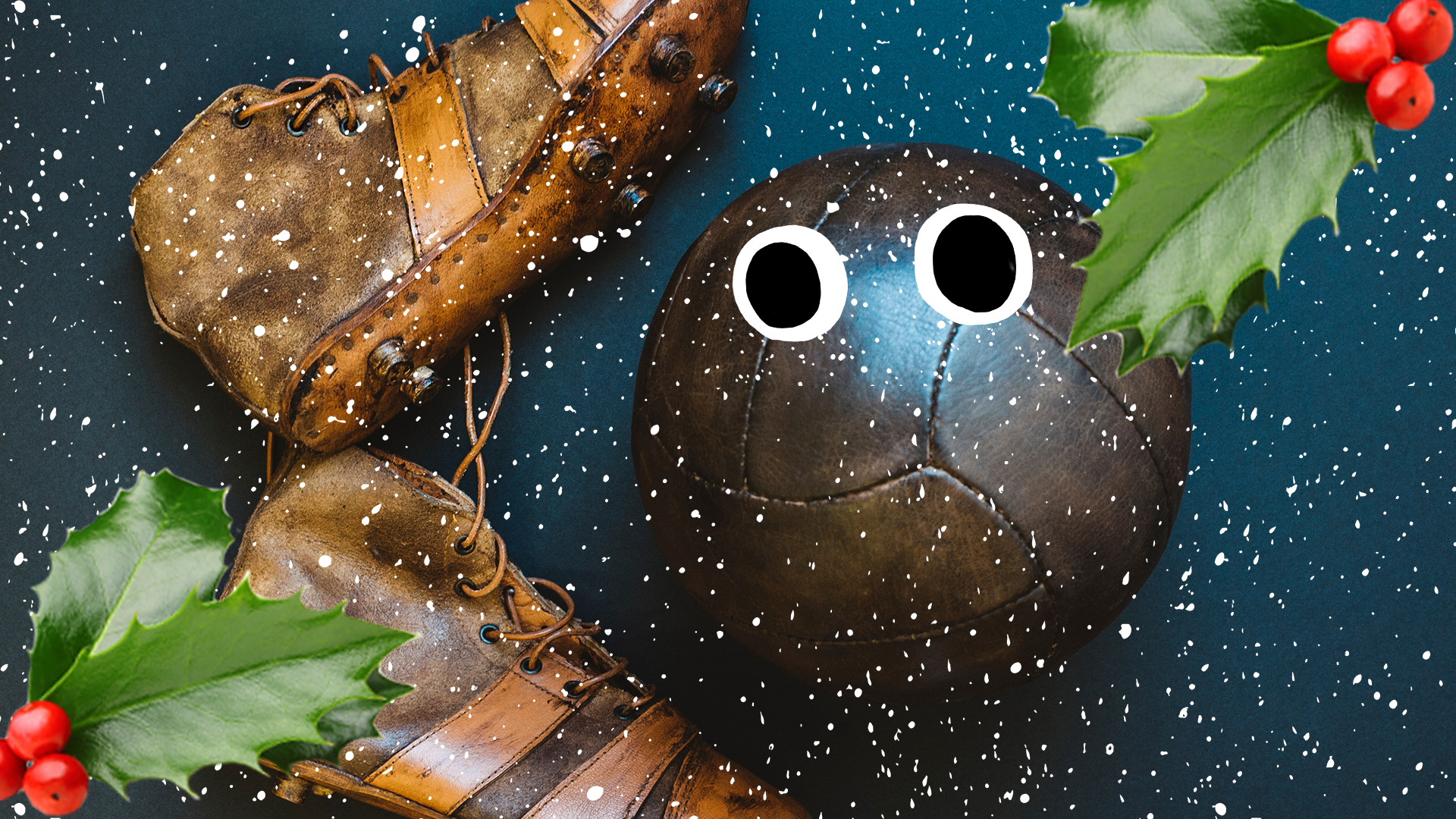
You may of heard of the famous Christmas truce of World War One, and it’s a true story! In 1914, only a few months after the start of the war, soldiers on both sides were experiencing their first Christmas in the trenches. They decided to put down their weapons and go out onto No Man’s Land (the bit of empty land between each army) and do things like swap chocolate and cigarettes, play football and sing carols together. Sadly, it didn’t happen again after the first Christmas, but it will always be remembered as a moment of peace in an otherwise terrible time for humanity.
19. World War 2 Made Celebrating Christmas Tricky
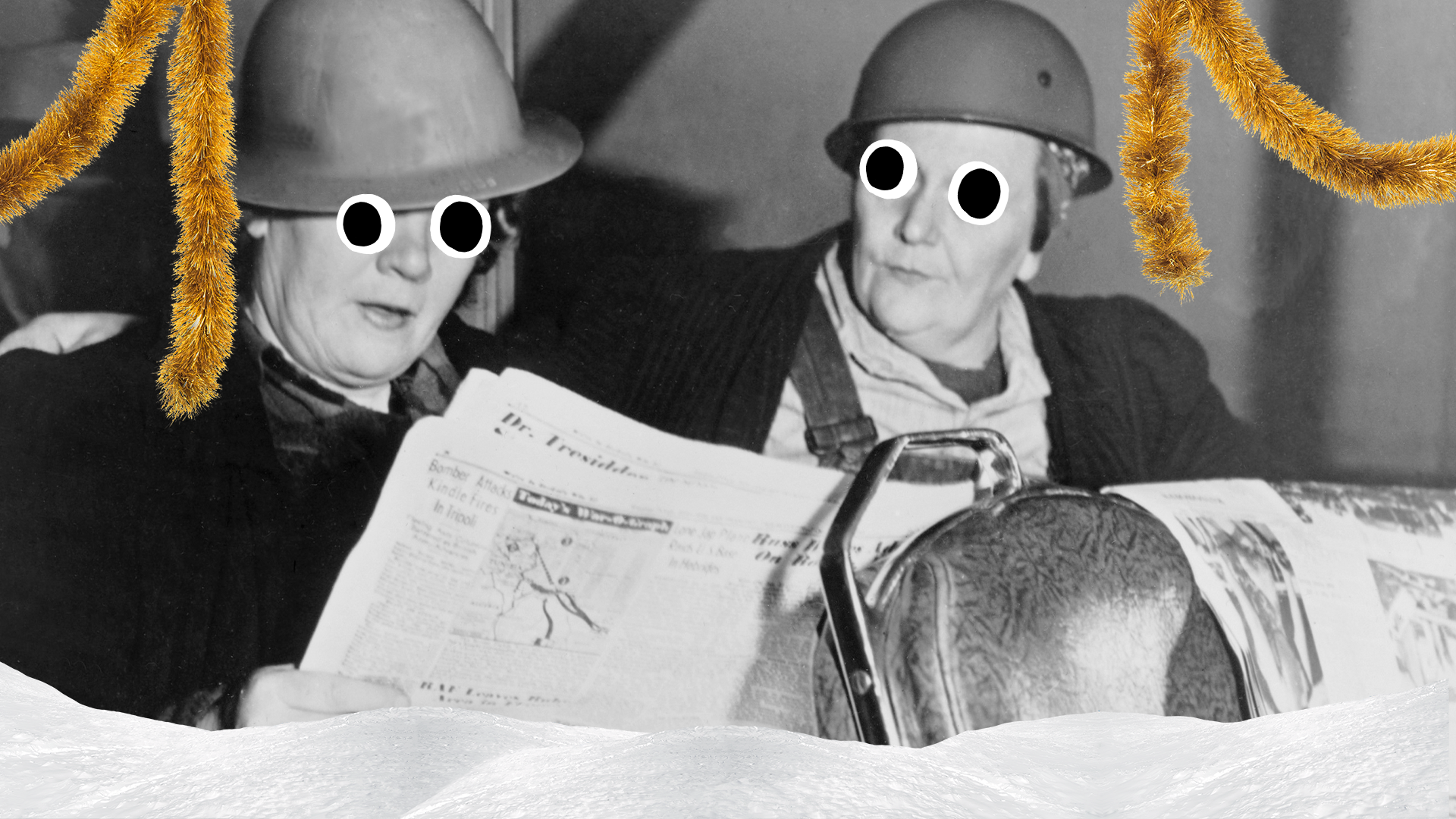
Christmas in World War Two wasn’t straight forward. For a start, lots of people, like soldiers, land girls and evacuees were away from home, and had to make do by celebrating with their friends, employers and foster families instead. The blackout made decorating difficult, as no light was allowed at night time, so if you wanted fairy lights you had to keep them indoors! As well as that, food rationing meant many Christmas treats weren’t available, and substitutes like sugared carrots or mock turkey (made from pork) would be served as well. On top of all that, an air raid might happen at any moment, meaning you’d have to celebrate in your shelter, waiting for the bombs to go away!
20. Christmas Hasn’t Changed Much
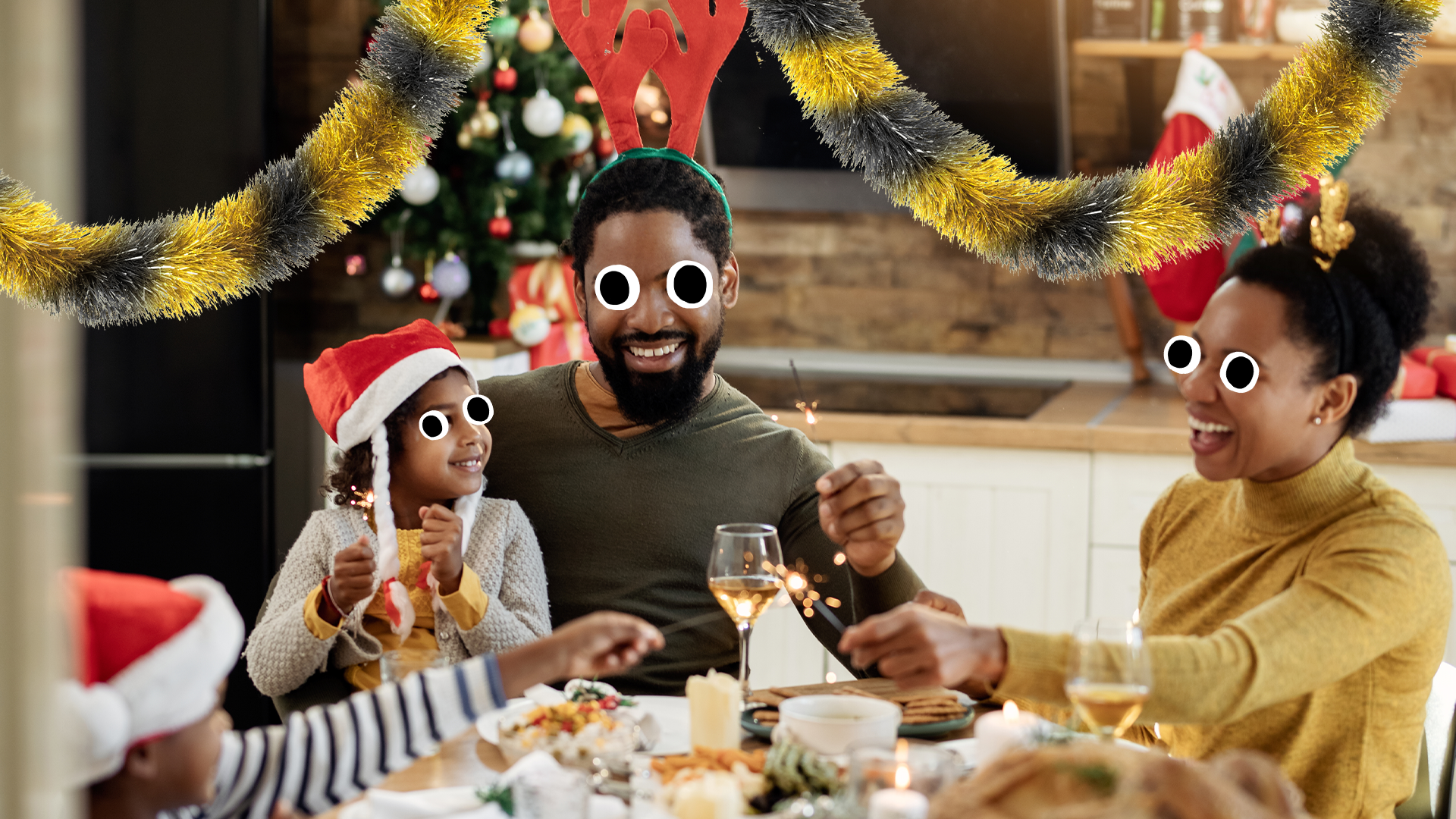
If you think about it, lots of Christmas historical facts are also modern facts! We still eat mince pies and turkey, like they did in Tudor times, and we still sing carols like they did in the medieval era. We’ve also kept Victorian traditions like cards, trees and crackers, and Christmas is still all about getting together with friends and family to celebrate.















